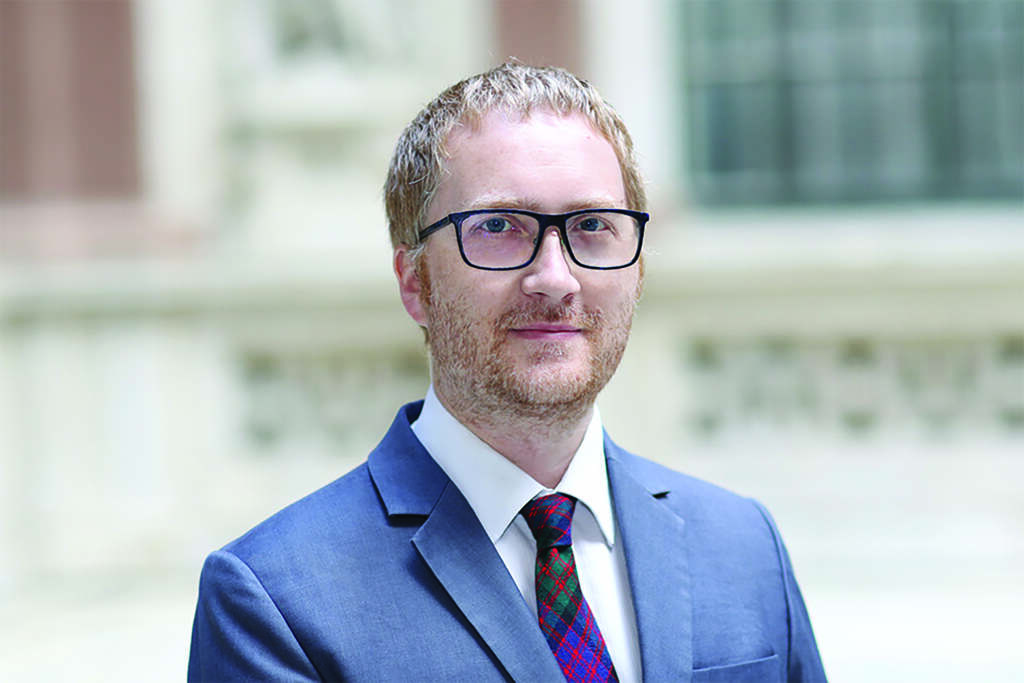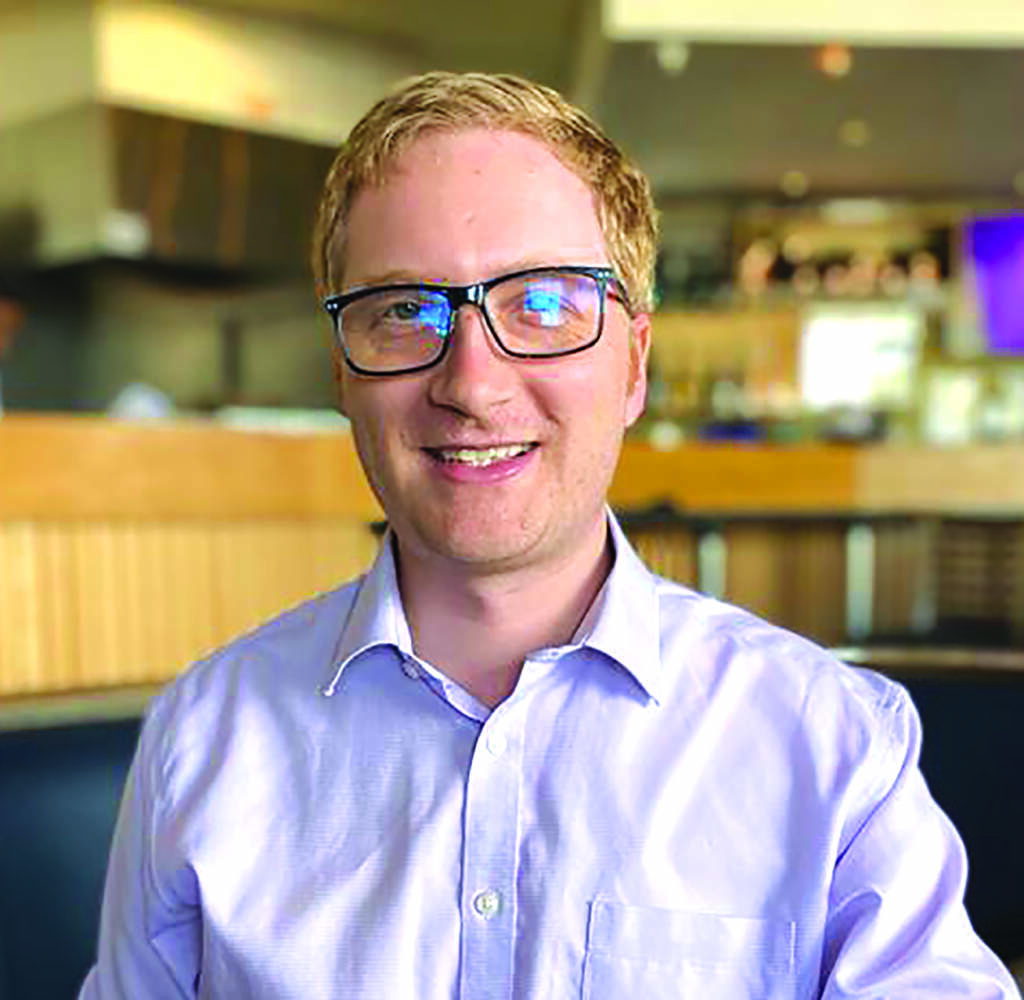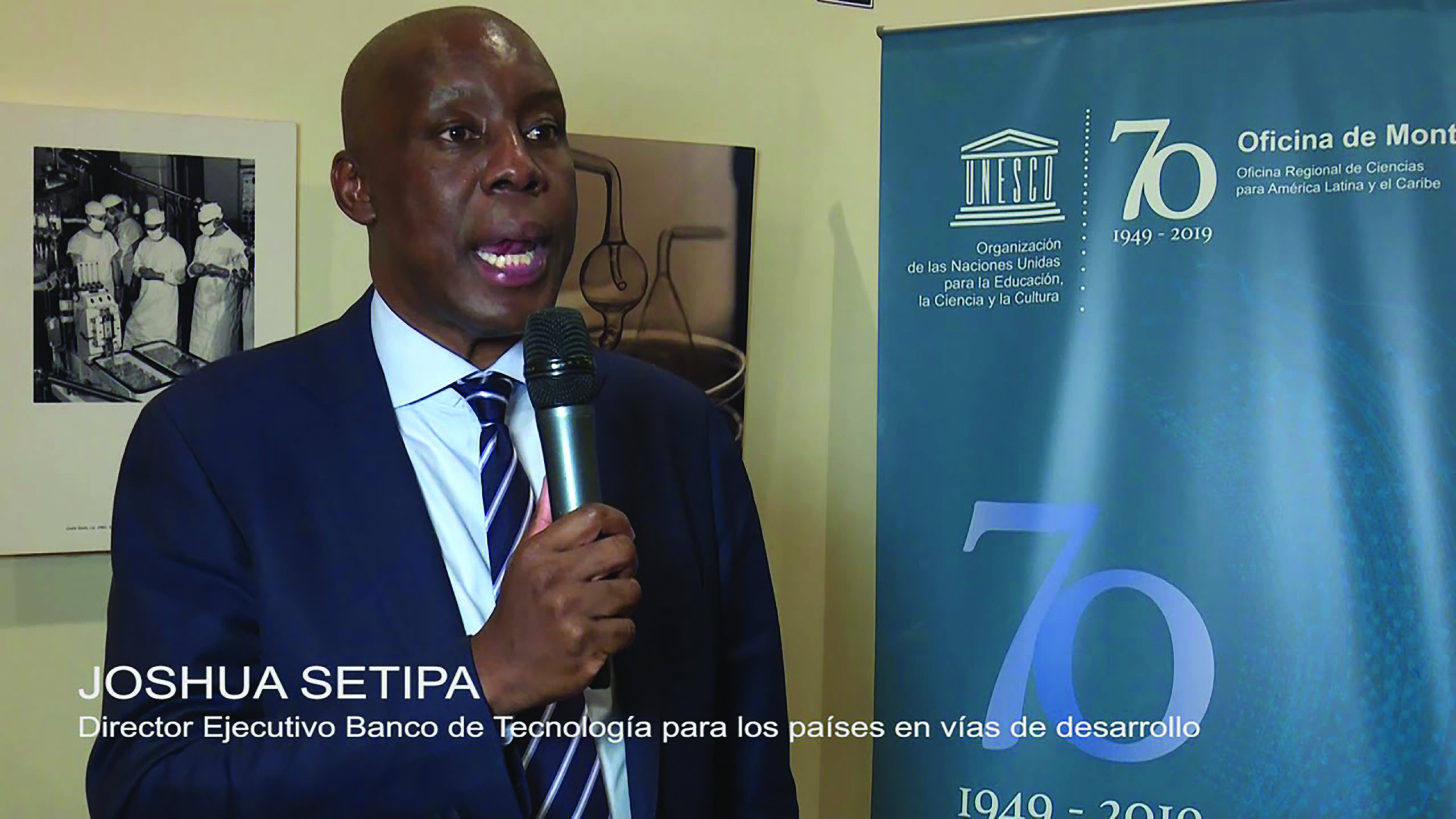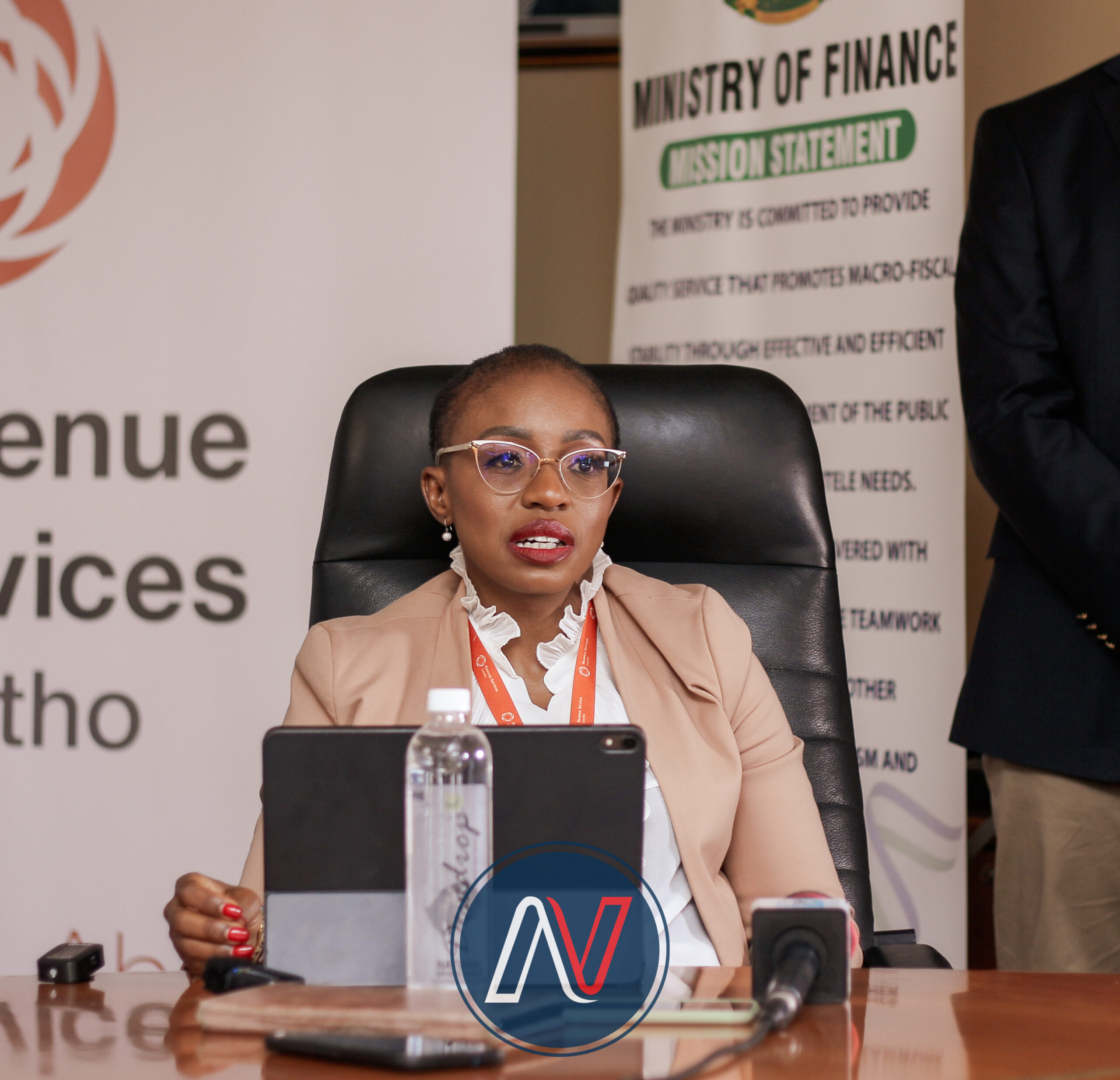staff Reporter
Harry MacDonald assumed his role as High Commissioner to the Kingdom of Lesotho in September 2022. Before this appointment, he served as Deputy Head of Mission at the British Embassy in Kinshasa, Democratic Republic of Congo. His diplomatic career includes positions in Indonesia, Austria, Afghanistan, and various roles in London within the Foreign, Commonwealth, and Development Office, HM Treasury, and HM Revenue & Customs.
In this interview with Newsday’s News Editor Kananelo Boloetse, MacDonald discusses the implications of the recent change of government in the United Kingdom (UK) for Lesotho.
Kananelo Boloetse: How has the recent change in government in the United Kingdom impacted your work and the relationship between the UK and Lesotho?
Harry MacDonald: I have been here for two years now and we have had a change of government in the United Kingdom (UK) and that change of government brings with it a change of approach and a change of people.
I think the first thing to note is the process of how that change came about. On the 22nd of May, the then Prime Minister of the UK, Rishi Sunak, announced that there would be a general election which was then held on the 4th of July.
And then on the 5th of July, we had a new government. We had a new Prime Minister and a new Cabinet. On the 9th of July, Parliament reconvened in the UK and on the 17th of July, we had the State Opening of Parliament with His Majesty King Charles III’s speech. And, that speech outlined 40 pieces of legislation that the UK Parliament will aim to pass in the next 12 months with a focus on growth as a national mission and in particular addressing international crises such as the climate crisis.
The change of government means that we now have a government led by the Labour Party in the UK as opposed to the Conservative Party who were in power previously. That does not change the way in which I work or in which the government officials work. It just means what we might try to do is different.
And so with that, we are focusing on our new Foreign Secretary’s key priorities. The new Foreign Secretary is David Lammy who is a man who is very proud of his heritage from Guyana which is in the Americas, in the Caribbean. And he has set out a series of priorities that the UK will pursue globally and some of those will have direct impacts on this regime.
Globally, our priorities will include continuing to support Ukraine in its fight against Russia’s aggression. No change in the UK’s position on that. We will help to secure a stable and peaceful Middle East with a two-state solution and delivering immediate humanitarian assistance and a plan for recovery in Gaza.
We will look to enhance the UK’s own security internationally through things such as defence partnerships and cooperation. That is a subject we have been discussing. We will look to promote international development and address global challenges.
I think this is an area where the UK and Lesotho have a lot we can do together. For instance, in looking to secure more international climate finance for Lesotho, more private and government international finance for development around the world, including for Lesotho. Supporting rights and choices for reproductive health. That is an issue that supports women’s empowerment.
Also tackling early child marriage, tackling gender-based violence, tackling some of the scourges that affect some of our societies. And looking to boost prosperity with new trade agreements and more commercial opportunities. What that boils down to for our partnership with Lesotho, I think as a top priority for me, is to continue to build on our partnership in renewable energy.
Support tackling the international climate finance. Lesotho playing its role internationally by developing its abundant renewable energy potential. This follows the visit of His Majesty King Letsie III and four ministers of His Majesty’s Government to the UK earlier this year. To build prosperity in Lesotho through renewable energy and the prospect of UK investment to secure that potential. That fits very clearly with my new government’s priorities around climate and around boosting prosperity.
I think we will also see continued partnership in health. The UK’s largest contribution by financial value to Lesotho is through the Global Fund for HIV, AIDS, and Tuberculosis (TB). And so I anticipate we will continue to support Lesotho in its move away from the terrible effects of the HIV and AIDS pandemic.
And I think we will be looking to try and engage more in terms of commercial partnerships. And my own view is that Lesotho’s path to success will be paved by the expertise and excellence of its people. That means not relying necessarily on the government to do everything but on companies, individuals, entrepreneurs, and people who spot opportunities to do something.
So looking at ways to try and support the private sector economy here in Lesotho. At the largest scale through renewable energy but in other areas through supporting the talent that I have seen in the last two years.
Kananelo Boloetse: Compared to other diplomatic missions, the British High Commission seems less visible in terms of public engagements and highlighting your contributions to Lesotho. Is this part of your strategy?
Harry MacDonald: Yes, that is one of the ways in which we are trying to operate, and this is outlined by my Foreign Secretary, the basis of our interaction is respect. What will the British High Commissioner be doing criticising political developments, speaking publicly about the way in which certain decisions or processes are operating?
The basis of our long relationship and friendship is built on hundreds of years of friendship. A lot of what we do to support Lesotho is bring people together.
For instance, just last month, there were 50 people from Lesotho who went to Wales in the UK supported by the Welsh Government to have discussions around how we do things in the UK, in particular in Wales. To take that experience and that information and bring it back to Lesotho. These included people from civil society, teachers, and some students from schools around Lesotho.
The UK also sends people here to Lesotho to deliver expertise and support for human capacity, building systems, and strengthening processes. You have perhaps seen a little bit less of us compared to some of our friends from around the world building flagship projects. Our role has not been to have large things and put our flags on them.
However, I think this may be something that we will potentially change, both in the field of renewable energy, where the investment prospects could be larger than anything the UK has ever done in Lesotho. And then also our other infrastructure potential as well, because we want to try and build on the commercial partnerships. There are a lot of British businesses queuing up to work with Lesotho. We are looking to find partners for those businesses to operate here as well.
Kananelo Boloetse: Regarding renewable energy, some argue that developing countries should be allowed to use all available resources to develop, just as Western countries did. What is your response to this?
Harry MacDonald: Yes, it is a good question. From my perspective, Lesotho benefits from some natural endowments. Those natural endowments include potential for renewable energy at a scale that is significant enough to drive economic growth in the country.
Lesotho is not a country that is blessed with abundant minerals or resources that it can just sell. So, it is about turning that potential, the resources that do exist here, into an ongoing long-term sustainable sector. Renewable energy is probably at the top of the list of sectors.
But that speaks to what Lesotho benefits from as its second area of expertise, which is the capability of its people. This is an educated society. It is a society where people are potentially underemployed and could move up the value chain to perform higher-value, higher-income work.
But that requires the private sector to grow. And the biggest challenge that I think Lesotho faces, above all, the underlying challenge, is the small size of the private sector economy. A larger private sector economy would make the other issues that affect Lesotho much easier to deal with in health, in education, in supporting women’s rights, disability inclusion, for instance. Where the support that the development partner communities, such as the UK, provide in these areas is not enough for Lesotho to transform, it is not enough to make steps forward. But to make transformative change will require a scale of investment that has not been seen before.
And I think that is what is on the table with renewable energy. The question about resources that developing countries are told they should not use, you are probably referring to fossil fuels. Lesotho does not have many fossil fuels. So it is not as though Lesotho is a country where all of a sudden you are going to find a lot of oil. The UK has natural gas, some oil, but we are transforming our economy away from the use of these resources.
And our ambition is to become a global superpower in the field of clean energy. One of the proposed pieces of legislation that my new government has created is to generate a new entity called Great British Energy, which will focus on completely clean energy for the UK and in supporting others in tackling the international climate emergency.
The interview will be continued in the next issue on Friday, August 9, 2024.

Your Trusted Source for News and Insights in Lesotho!
At Newsday Media, we are passionate about delivering accurate, timely, and engaging news and multimedia content to our diverse audience. Founded with the vision of revolutionizing the media landscape in Lesotho, we have grown into a leading hybrid media company that blends traditional journalism with innovative digital platforms.









